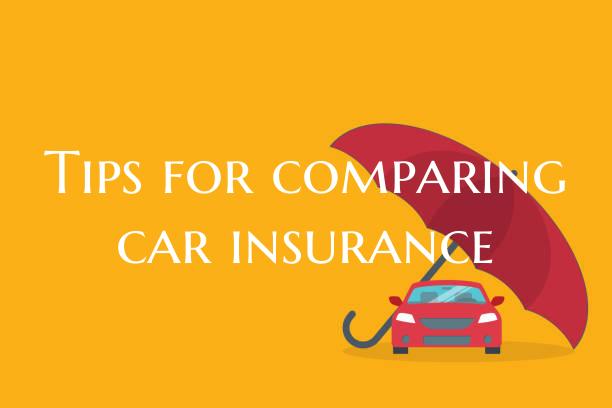When it comes to securing the right car insurance policy, thorough comparison is crucial. By evaluating various insurance providers and their offerings, you can identify a policy that not only meets your coverage needs but also fits your budget. Here are some essential tips for effectively comparing car insurance:
1. Assess Your Coverage Needs: Before you start comparing car insurance options, determine the coverage you require. Consider factors such as the age and value of your car, your driving habits, and any specific add-ons you may need like roadside assistance or rental car coverage.
2. Gather Quotes from Multiple Providers: Obtain quotes from several insurance companies to get an idea of the premiums they offer for your desired coverage. Most insurers provide online tools that allow you to request quotes quickly. Make sure the quotes are based on the same coverage limits and deductibles for accurate comparison.
3. Compare Coverage Options: Look beyond the cost and compare the actual coverage each policy provides. Evaluate factors like liability limits, comprehensive and collision coverage, uninsured motorist protection, and any additional features. Ensure that the policies you are comparing offer similar protection.
4. Check for Discounts: Inquire about the discounts each insurance company offers. Common discounts include safe driver discounts, multi-policy discounts, and discounts for safety features in your car. Factor in these discounts when comparing premium costs to get a more realistic view of the overall price.
5. Review Customer Satisfaction and Financial Strength: Research each insurance provider's reputation for customer service and their financial stability by checking reviews, ratings, and rankings from independent agencies. A company with good customer service and a strong financial standing is more likely to provide reliable coverage.
6. Consider the Excess and Deductibles: Examine the excess amount and deductibles of each policy. A lower premium might come with a higher excess, meaning you'll pay more out of pocket when you make a claim. Strike a balance between the premium cost and the excess amount that suits your financial situation.
7. Evaluate the Claims Process: Look into the ease and efficiency of the claims process for each insurer. Read reviews or ask others about their experiences with filing claims. A smooth claims process can make a significant difference in your overall satisfaction with an insurance provider.
By following these tips and taking the time to compare car insurance options thoroughly, you can make an informed decision that offers you the right coverage at a competitive price. Keep in mind that the cheapest policy may not always be the best option, so prioritize finding a policy that meets your needs and provides you with peace of mind on the road.

